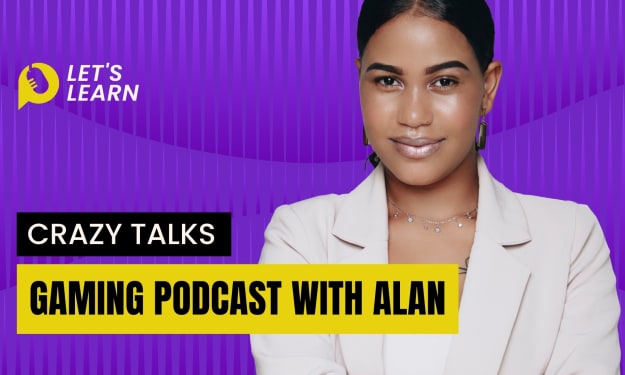
DeepWell Digital Therapeutics, a video game firm founded by Devolver Digital founder Mike Wilson and medical device specialist Ryan Douglas, will both produce games that help treat health concerns. According to the creators, the startup will also assist outside companies in identifying current therapeutic games.
According to study, video game-based technologies can aid in the treatment of mental illnesses such as depression and ADHD. DeepWell Digital Therapeutics intends to expand on its previous research. "There had previously been a tremendous amount of study done," Douglas explains. "We began to see how therapeutic these games had already shown to be."
According to him, a game used for treatment is often built initially as a therapy, with pleasant or engaging gameplay aspects put on top. DeepWell, on the other hand, wants game developers to create games that are as interesting as possible, then look into how they may assist address health problems. "Developers have found out how to motivate people to do things with a degree of passion that we've had a hard time with on the medical side," Douglas adds. "The most therapeutic thing is having fun," says the author.
For at least a decade, video games have been heralded as the future of medicine, promising to be accessible and user-friendly technologies that may bring therapy into people's homes. In 2020, the FDA authorised the first prescription video game that was cleared to treat children with ADHD. In recent years, the FDA has approved a handful of different digital therapies, and the sector received a boost during the COVID-19 pandemic when the government allowed businesses to promote digital health goods without having to go through the typical approval procedure.
DeepWell intends to create its own mental health-focused video games in-house. It's working on one now, with the goal of having it ready in early 2023. (Douglas would not discuss the project in detail.)
However, the business also hopes to assist video game developers who aren't specifically focused on health in identifying games that could be beneficial to people's health. Wilson has already worked with a number of renowned independent game producers through Devolver, which has released popular titles such as Hotline Miami, Inscryption, and Reigns. DeepWell would seek to see if there were any aspects of a current or in-development game where a player had to make decisions that resembled cognitive behavioural therapy procedures, for example. Then it might be used to see if there were any methods to ask the player to breathe or think in a specific manner in order to increase the therapeutic potential of the game.
"The game isn't always therapeutic." According to Douglas, the games are therapeutic. "We can also provide it as a treatment."
DeepWell would spot certain scenarios in games and work with developers to get them FDA-approved as medical devices. The business wants to go via the FDA first, rather than create games that are branded as "wellness" items yet cannot make any medical claims. This is critical, according to Douglas, so that the games may have explicit wording indicating their value. "We wanted to be able to say what we needed to say in order to attract the folks we believed we could assist."
Companies are still finding out the best approach to assess if the games dependably operate as therapies, which is one hurdle for digital medicines in general. The products are still in the early stages of development, and it will take time and extensive study before patients, physicians, and other stakeholders have confidence in how well video games compare to other therapy choices.
Drugs must go through extensive testing, while digital treatments need not. Drugs must pass a higher standard since, if they don't work or have serious side effects, they are more hazardous than a video game. Many of the games, according to Douglas, will go via the FDA's "substantial equivalence" procedure, which means they'll be approved because they're comparable to current tools rather than because they've been demonstrated to operate independently. DeepWell, he claims, will build on existing video game and mental health studies. "Of course, when our products become more widely available on the market," he continues, "we will analyse them."
But, even if they do demonstrate that therapeutic video games work, Douglas says they aren't a replacement for therapists or other mental health therapies — the games are just another layer, and the objective is to target mild and moderate mental illnesses for now. "Some things can only be done by a highly well-trained clinician and therapist," he explains. "However, there are several areas where we may be of assistance."
.
About the Creator
Zeref
Ends Well All is Well






Comments
There are no comments for this story
Be the first to respond and start the conversation.